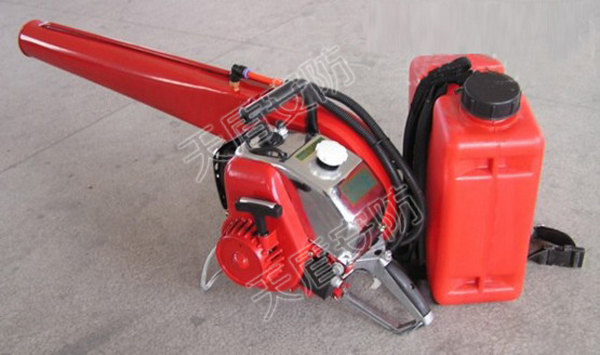
Shandong Security & Rescue Equipment Manufacturing Co., Ltd



Summary There are many different areas in your home where you may require a fire extinguisher. If you are unsure which extinguishers you will choose to purchase, you should first...
There are many different areas in your home where you may require a fire extinguisher. As you do not want to buy several fire extinguishers for each room, you may want to evaluate the room individually to decide what is necessary. If you are unsure which extinguishers you will choose to purchase, you should first understand the difference in fire extinguisher class and the practical application of these fire extinguishers to determine the right one for you.
If you are looking for a basic extinguisher to handle the accidental fires that happen with organic materials like paper, cardboard, and plastic, then you will want to get a Class A extinguisher. These extinguishers can really assist you in putting out small fires that may happen in the house, and they are the most common and multi-purpose extinguishers. These are great for any room in the house.
If you are concerned about kitchen safety, then a Class F extinguisher (class K in the US) is the right choice. The Class F is specifically designed to handle fires caused by oil and fats from cooking. This ensures that you can put a pan out on the stove or stop a grease fire or a grill fire. Those who are looking for a good kitchen fire extinguisher can count on the Class F extinguisher. The alternative system for dealing with burning fat in a kitchen is a fire blanket.
Looking for extinguishers for work spaces or garages can be easy if you understand the types of materials that you will be handling. If you are working on cars or equipment that is similar in mechanism to the car design, then you will want to get a Class B fire extinguisher. The Class B extinguisher is for putting out fires that involve or are caused by flammable liquids. These liquids can include oil, gasoline, kerosene, and other agents. If you are in a tool area where woodworking or other hobbies are taking place, you may be able to get away with the traditional Class A extinguisher.
If you are trying to protect your breaker or electrical circuit area, then a very specific extinguisher will be required. The Class C extinguisher (in the US only, the UK has no separate class for electrical fires) is used only to combat fires that involve electricity. This is important as many of the other extinguishers discussed are not flammable, but conductive to electricity. The Class C fire extinguisher uses a fire suppressant that will not conduct the dangerous and open electricity that can be involved in the fire. You should ensure that this extinguisher is always used in relation to any fire that is suspected to be electrically related.
Finding a great extinguisher for any area of your home is as simple as knowing the differences in the fire extinguisher class system. If you are concerned that your home may not be properly protected, you can find great information on using fire extinguishers safely and buying the right fire extinguisher for specific areas online. Find several different sources that are in consensus about the different uses and if applying in a commercial application, make sure that you are following your local legal guidelines.
